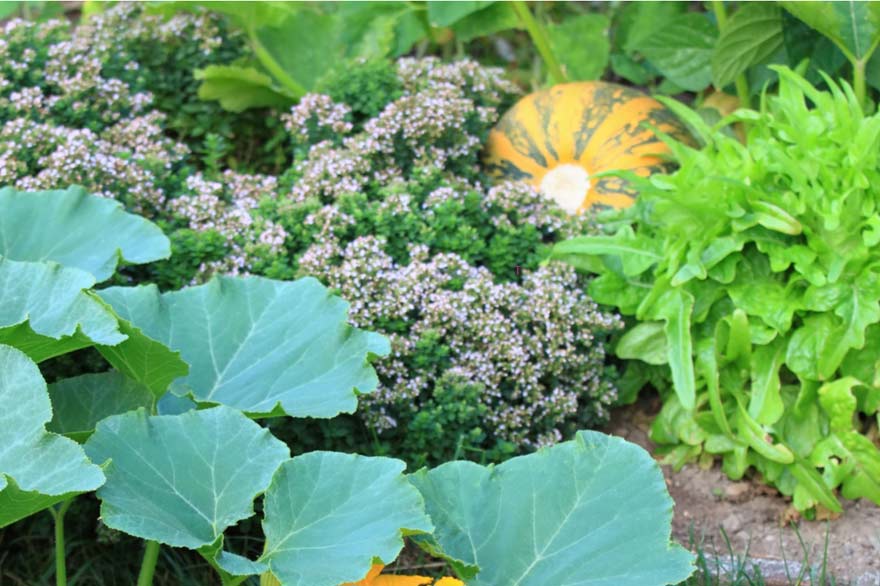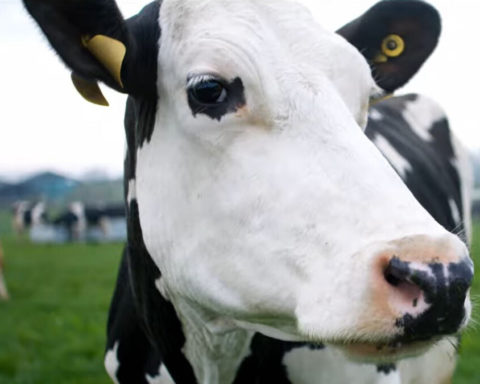READ UP : Feeding ten billion people by 2050: Will the planet be able to withstand such a shock?
Global Borders
Changes and resistance
We can amply feed 10 billion people
READ UP : Feeding ten billion people by 2050: Will the planet be able to withstand such a shock?



Already registered? I'm connecting
Register and read three articles for free. Subscribe to our newsletter to keep up to date with the latest news.
→ Register for free to continue reading.

You have received 3 free articles to discover UP'.






Cette révolution des pratiques agricoles passe par une révolution épistémologique de la manière de penser et calculer le succès agricole, et par un repeuplement paysan pour une agriculture moins automatisée. Seuls les flux de migrants du Sud pourront fournir au Nord de quoi faire de l’agro-écologie. On n’en parle pas encore car c’est un sujet à rebrousse poil de la tendance actuelle à la haine de l’immigration, mais il n’y aura pas de permaculture possible sans un afflux de mains pour la développer.